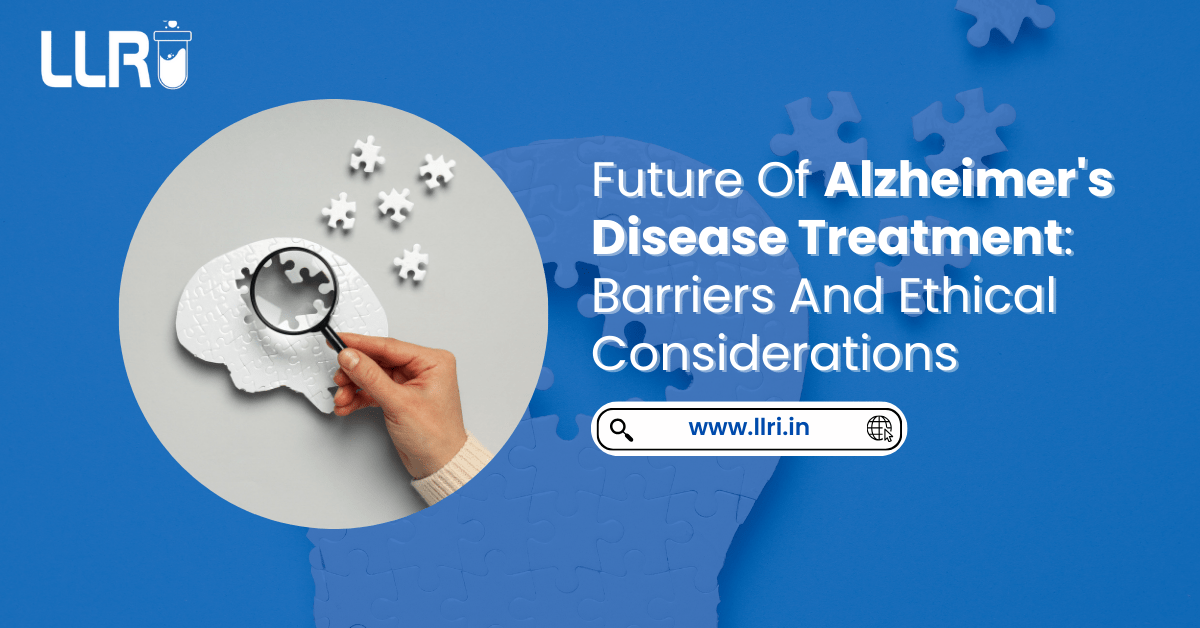Current Alzheimer’s Clinical Trials: In India, over 4 million people have some form of dementia. Did you know that globally, more than 44 million people are living with dementia, making it a major health issue we need to tackle.
Alzheimer’s disease is the most common type of dementia – a general term for conditions where the brain stops working properly. Alzheimer’s affects memory, thinking, and behavior. Early on, the symptoms might be mild, but they get worse as the disease damages more of the brain.
Right now, there are no treatments to stop Alzheimer’s from getting worse. However, there are medications that can help with dementia symptoms. Buuut, researchers are working hard to find a treatment for Alzheimer’s that is both effective and affordable. So, what is going on with the Alzheimer’s treatment scene right now? What about the Current Alzheimer’s Clinical Trials?
Current Alzheimer’s Clinical Trials: What Is Going On Now?
While there are no treatments yet that can stop the brain damage caused by Alzheimer’s disease, some medications can temporarily improve dementia symptoms. These drugs work by boosting brain chemicals called neurotransmitters.
Researchers around the globe are actively looking for better ways to treat Alzheimer’s and other types of dementia. Many therapies and drug treatments aimed at stopping brain cell death in Alzheimer’s are part of the current Alzheimer’s clinical trials.
In addition to medications, support systems and non-drug interventions can enhance the quality of life for people with dementia and their caregivers. These include:
- Treating other existing medical conditions
- Coordinating care among healthcare providers
- Participating in activities to improve mood
- Using behavioral strategies to manage issues like aggression, sleep problems, and agitation
- Educating patients and caregivers about the disease
- Building a supportive care team
- These approaches help manage symptoms and provide support to those affected by dementia.

What Are The Barriers To Developing Alzheimer’s Treatment?
Alright, let’s get real. Developing a treatment for Alzheimer’s is no walk in the park. Even with the deluge of developments in all arenas of the healthcare and technological fields, to not have a targeted treatment for Alzheimer’s disease says a lot about the complexity of the condition.
Let’s go through the barriers to developing Alzheimer’s treatment one by one, these barriers can be broadly categorized into scientific, clinical, regulatory, and economic challenges.
1. Scientific Barriers
- Complexity of the disease: Alzheimer’s is a multifactorial disease with a poorly understood etiology involving amyloid plaques, tau tangles, neuroinflammation, and other pathophysiological processes. This complexity makes it difficult to identify effective therapeutic targets.
- Biomarker identification: Reliable biomarkers for early diagnosis and progression tracking are still under development. Without accurate biomarkers, it’s challenging to diagnose patients early and monitor their response to treatments.
- Blood-brain barrier: The blood-brain barrier restricts the delivery of therapeutic agents to the brain, making it difficult to get drugs to the site where they are needed.
2. Clinical Barriers
- Heterogeneity of patients: Alzheimer’s disease presents differently among individuals. This heterogeneity makes it difficult to design clinical trials that can effectively measure treatment efficacy across diverse patient populations, posing as a barrier to Alzheimer’s treatment in current Alzheimer’s clinical trials.
- Long disease course: AD progresses slowly over many years. Clinical trials need to be lengthy and involve large cohorts to demonstrate efficacy, which increases complexity and costs.
- Early detection and intervention: By the time symptoms are noticeable, significant brain damage has already occurred. Identifying and treating patients in the very early stages of the disease is critical but challenging.
3. Regulatory Barriers
- Approval standards: Regulatory agencies require evidence of safety and efficacy. Given the slow progression of Alzheimer’s, generating this evidence can be time-consuming and expensive.
- Endpoints and measures: There is a need for clear, standardized endpoints and measures of success in clinical trials. Cognitive decline is difficult to measure consistently, and the endpoints used can significantly impact the perceived efficacy of a treatment.
4. Economic Barriers
- High costs: The costs associated with long-term clinical trials, complex research, and development processes, and securing regulatory approvals are substantial. This financial burden can be prohibitive, especially for smaller biotech companies.
- Risk of failure: The high rate of failure in Alzheimer’s drug development deters investment. Most experimental drugs do not make it past clinical trials, leading to significant financial losses.
5. Social and Ethical Barriers
- Stigma and misunderstanding: Misconceptions about Alzheimer’s and dementia can lead to delays in seeking diagnosis and treatment. Social stigma may also affect patient participation in clinical trials.
- Ethical considerations: Ensuring informed consent from patients, who may have impaired cognitive function, poses ethical challenges in clinical trials.

Ethical Considerations In Alzheimer’s Research
Now, let’s chat about the ethical side of things. When it comes to ethical considerations in Alzheimer’s research, there are a few biggies.
Experimenting with new treatments – the stakes are incredibly high. Researchers must navigate through a complex ethical landscape like you are in the last leg of your GTA to ensure that trials are conducted not just responsibly but also respectfully.
- One key ethical consideration is informed consent. Since Alzheimer’s affects cognitive function, ensuring that participants fully understand the trial and its potential risks can be tricky.
- There’s also the question of risk versus benefit. Clinical trials can pose risks to participants, and researchers must carefully weigh these against the potential benefits of a new treatment.
- Safeguarding the personal and medical information of participants is vital. Alzheimer’s research often involves genetic data, which requires stringent privacy measures.
- Ensuring diverse representation in research is important to understand how Alzheimer’s affects different populations. Recruitment should avoid exploiting vulnerable groups while ensuring that benefits of research are accessible to all demographics.
- Ensuring that research does not compromise the quality of life of terminally ill patients is an ethical priority.
- Maintaining transparency in research practices helps build public trust. Researchers should engage with the public to educate and communicate the aims and outcomes of their research and to build public trust.
- Researchers must disclose funding sources and ensure that research agendas are not unduly influenced by commercial interests.
Future Of Alzheimer’s Disease Treatment: What’s In Store?
Looking ahead, what does the future of Alzheimer’s disease treatment hold? Well, if current Alzheimer’s clinical trials are anything to go by, there’s plenty to be optimistic about, tbh.
- Personalised medicine: One exciting avenue is the development of personalized medicine. This approach helps manage the treatment to an individual’s unique genetic makeup and disease progression, thereby increasing the effectiveness of interventions.
- Technological intervention: Another promising area is the use of technology and artificial intelligence. AI can help in early diagnosis by identifying patterns in brain scans that might be missed by the human eye. Additionally, wearable technology could monitor cognitive function in real-time, providing valuable data that could lead to more effective treatments.
- Non-pharmacological approaches: The future of Alzheimer’s disease treatment might also include more non-pharmacological approaches. These could range from lifestyle interventions, like diet and exercise, to cognitive therapies designed to keep the brain active and healthy.

On A Final Note…
The future of Alzheimer’s disease treatment looks promising with various approaches being developed. These include advanced drugs, genetic and regenerative medicine, personalized treatments, and non-drug therapies.
Researchers and doctors are working on new and better treatments through ongoing studies and trials. This gives hope for better results and improved quality of life for people with Alzheimer’s disease and their families.
For more information, visit us here!

